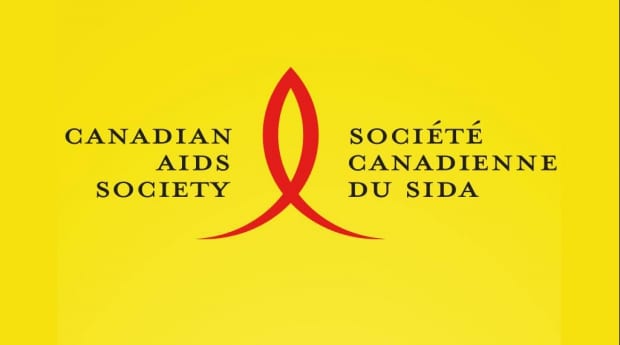The Canadian AIDS Society is in a state of crisis.
That is the sentiment being expressed by some CAS staff, member organizations and even a former CAS director.
Over the past few months, CAS has been beset by open dissent within the organization, a number of resignations and governance decisions that some of its members believe are ill-advised.
Together, this has led some members to question whether CAS is equipped to handle the current challenges faced by AIDS service organizations and people living with HIV/AIDS, especially during a time when the epidemic is often back-of-mind for the public and policy makers.
Daily Xtra has spoken to a number of people involved with CAS to try and understand what led up to this juncture.
Over the following weeks, we will publish articles looking at concerns with CAS from the perspective of the organization’s staff, a former board member and members that have recently resigned.
At the time of publication, CAS communications officer Janne Charbonneau said that no one from the organization would be able to provide comment for these stories.
The Canadian AIDS Society
CAS was founded in 1986 and describes itself as “a national coalition of over 100 member groups who work together and individually to provide services and programs to people living with HIV/AIDS and people at risk for contracting HIV/AIDS.”
According to its website, CAS is “ the national voice of people living with HIV/AIDS in Canada.”
CAS also hosts an annual forum for people living with HIV that has historically been one of the few venues in which the voices of people living with HIV/AIDS from across the country can be heard.
Dissatisfaction with CAS has been growing among some of its members for a few of years, but much of it came to a head at the organization’s annual general meeting in Ottawa in June 2015.
Concerns about how CAS was engaging its members were raised at the People Living with HIV/AIDS Forum.
And CAS leadership was forced to withdraw a strategic plan that many members felt they had not been consulted on. One of the primary concerns was a proposal to bring hepatitis C into CAS’s mandate, something that the federal government has been pushing for a number of years.
While there were opposing opinions on whether or not this was a wise decision, many CAS members felt that the organization had not done enough consultation for such an important shift.
After that meeting, two member organizations, the People With AIDS Foundations in both Toronto and Thunder Bay, resigned.
Many members expressed their dissatisfaction to CAS in the following months. But the drama really began in October.
Staff revolt
On Oct 3, 2015, three permanent staff of CAS sent out an open letter in which they declared they had lost faith in the leadership of the organization.
“For too long we have felt silenced in our positions, and watched as the community-based movement that we live to serve has struggled with issues centred in the leadership at CAS,” wrote Kim Thomas, Lynne Belle-Isle and Jeff Potts, who comprised the national programs team.
In their letter, the staff members claimed that they had brought their concerns to CAS leadership the day before and had asked for a board meeting to discuss them. Instead, the staff wrote that they were rebuffed and told not to communicate with CAS membership.
They outlined a few main concerns with CAS’s leadership. These included a lack of transparency about how CAS conducts advocacy work and an erosion in its commitment to putting people living with HIV at the forefront of its work and decision-making.
The staff also accused CAS leadership of changing focus from “community needs to the financial needs of the organization.”
“We have lost confidence in the leadership of CAS’ board and chief executive officer,” the letter.
The letter was circulated among CAS members and was posted on Positive Lite, an online magazine about HIV in Canada.
“What really shone through for me was how the open letter kind of summarized what a lot of the membership had been feeling for quite some time,” says Chris Thomas, a communications coordinator for the AIDS Committee of Toronto.
Some CAS members began to contact the board to express solidarity with the rogue staff members.
A few weeks later, the board would act — but not in a way that pleased its critics.
The Canadian AIDS Society crisis (Part 2)>

 Why you can trust Xtra
Why you can trust Xtra


